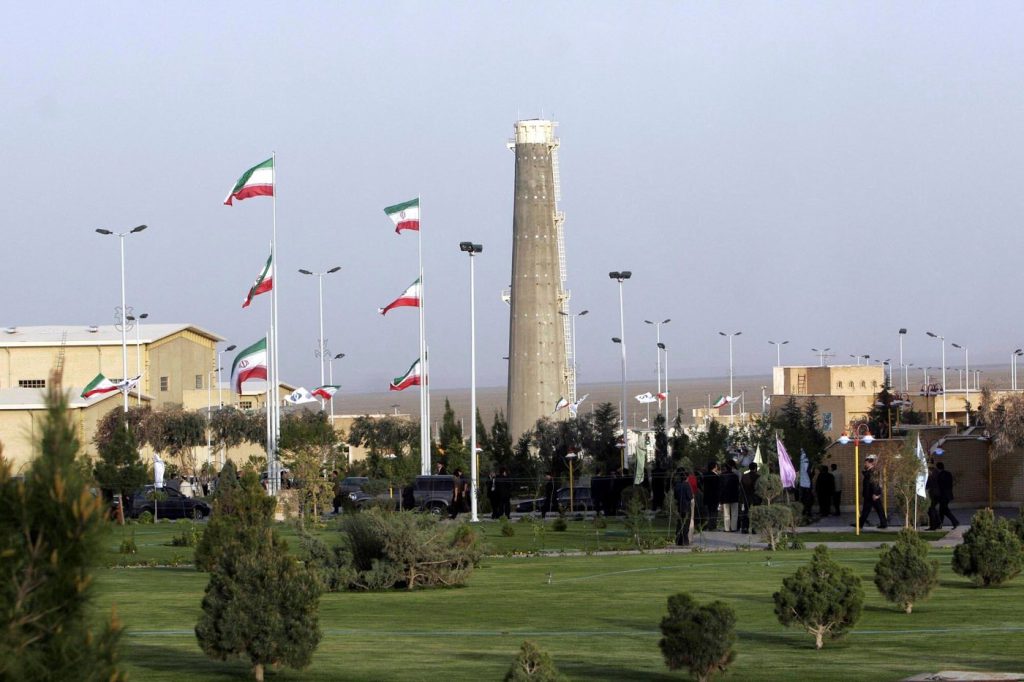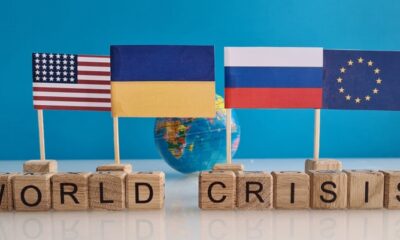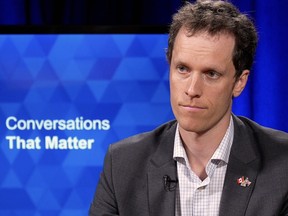World
Iran and European Diplomats Pursue Solutions Before Sanctions Deadline

Senior diplomats from Germany, the United Kingdom, and France engaged in urgent discussions with Iran’s Foreign Minister Abbas Araghchi on September 26, 2023, as they sought to explore final options before the reinstatement of sanctions on Iran’s nuclear program. These negotiations took place on the sidelines of the U.N. General Assembly in Vienna, highlighting the pressing nature of the situation. Johann Wadephul, Germany’s Foreign Minister, stated that the likelihood of reaching a diplomatic resolution before the sanctions are automatically reimposed on September 28 is “extremely slim.”
A statement from Araghchi confirmed the meeting, which also included Kaja Kallas, the European Union’s foreign policy chief. Wadephul expressed concerns regarding Iran’s compliance with the Vienna Nuclear Agreement, noting, “Iran has been disregarding its obligations under the Vienna Nuclear Agreement for years.” This agreement, established in 2015, aimed to limit Iran’s nuclear capabilities in exchange for economic sanctions relief.
Wadephul emphasized that the three European nations, collectively known as the E3, will continue diplomatic efforts even after sanctions are reinstated. Despite the looming deadline, the ongoing negotiations reflect a commitment to resolving the longstanding issues surrounding Iran’s nuclear program.
On the same day, Araghchi met with Rafael Grossi, the director general of the International Atomic Energy Agency (IAEA), in New York. This meeting followed an agreement signed earlier in September, mediated by Egypt, which aimed to resume cooperation and facilitate inspections of Iran’s nuclear facilities. Such steps are crucial for rebuilding trust between Iran and the international community.
In early July, Iran’s President Masoud Pezeshkian enacted a law suspending all cooperation with the IAEA, a response to rising tensions following a series of military actions involving Iran and Israel. The situation remains complicated, as Iran maintains that its nuclear program is intended for peaceful purposes, despite concerns from Western nations and the IAEA regarding its past intentions.
The process of reinstating sanctions, referred to as “snapback,” began at the end of August when France, Germany, and the U.K. announced their intentions. This mechanism was designed to be effective without a veto from the U.N. Security Council, allowing sanctions to take effect within a month unless a diplomatic agreement is reached.
European nations have indicated a willingness to extend the deadline if Iran engages in direct negotiations with the United States concerning its nuclear program. They have also called for Iran to grant access to U.N. nuclear inspectors at its sites and to address the issue of more than 400 kilograms of highly enriched uranium that the U.N. watchdog has reported.
If no agreement is reached by September 28, the sanctions will automatically “snapback.” These measures would freeze Iranian assets abroad, halt arms deals, and impose penalties on developments in Iran’s ballistic missile program, further straining the country’s already struggling economy.
The international community continues to watch closely as the clock ticks down to the sanctions deadline, with hopes for a resolution hanging in the balance.
-

 World3 months ago
World3 months agoScientists Unearth Ancient Antarctic Ice to Unlock Climate Secrets
-

 Entertainment3 months ago
Entertainment3 months agoTrump and McCormick to Announce $70 Billion Energy Investments
-

 Science3 months ago
Science3 months agoFour Astronauts Return to Earth After International Space Station Mission
-

 Lifestyle3 months ago
Lifestyle3 months agoTransLink Launches Food Truck Program to Boost Revenue in Vancouver
-

 Technology2 months ago
Technology2 months agoApple Notes Enhances Functionality with Markdown Support in macOS 26
-

 Top Stories7 days ago
Top Stories7 days agoUrgent Update: Fatal Crash on Highway 99 Claims Life of Pitt Meadows Man
-

 Sports3 months ago
Sports3 months agoSearch Underway for Missing Hunter Amid Hokkaido Bear Emergency
-

 Politics2 months ago
Politics2 months agoUkrainian Tennis Star Elina Svitolina Faces Death Threats Online
-

 Technology3 months ago
Technology3 months agoFrosthaven Launches Early Access on July 31, 2025
-

 Politics3 months ago
Politics3 months agoCarney Engages First Nations Leaders at Development Law Summit
-

 Entertainment3 months ago
Entertainment3 months agoCalgary Theatre Troupe Revives Magic at Winnipeg Fringe Festival
-

 Politics1 week ago
Politics1 week agoShutdown Reflects Democratic Struggles Amid Economic Concerns





















